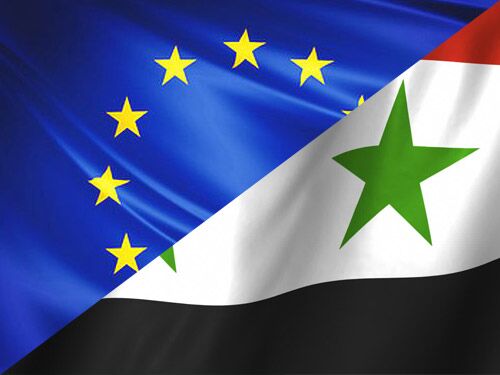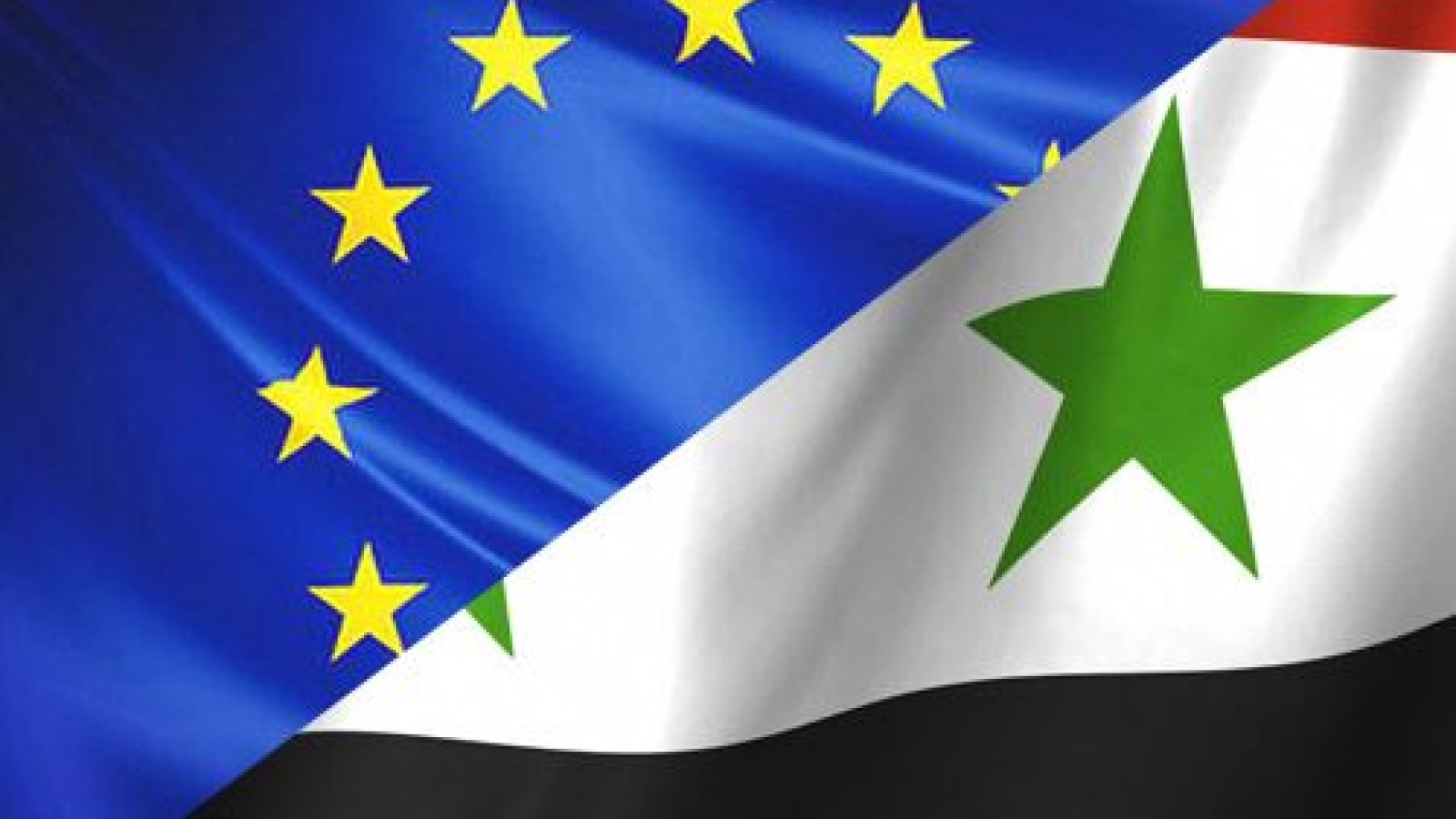EU adds 4 persons to Syria’s sanctions list

On 19 March 2018, the Council added 4 persons to the list of those targeted by EU restrictive measures against the Syrian regime. The EU added these 4 persons for their role in the development and use of chemical weapons against the civilian population, in line with the EU’s policy to fight the proliferation and use of chemical weapons.
These persons include a high-ranking military official and 3 scientists working at the Scientific Studies and Research Centre, the government entity responsible for developing and producing non-conventional weapons, including chemical weapons, and the missiles to deliver them. This entity is under EU restrictive measures since 1 December 2011.
The EU already imposed restrictive measures on Syrian persons specifically for their role in the development and use of chemical weapons on 17 July 2017.
Today’s decision brings to 261 persons the total number of persons targeted by a travel ban and an assets freeze for being responsible for the violent repression against the civilian population in Syria, benefiting from or supporting the regime, and/or being associated with such persons.
In addition, 67 entities are targeted by an assets freeze. More broadly, sanctions currently in place against Syria include an oil embargo, restrictions on certain investments, a freeze of the assets of the Syrian central bank held in the EU, export restrictions on equipment and technology that might be used for internal repression as well as on equipment and technology for the monitoring or interception of internet or telephone communications. These measures were last extended on 29 May 2017 and are in place until 1 June 2018.
The EU remains committed to finding a lasting political solution to the conflict in Syria under the existing UN-agreed framework. As stated in the EU strategy on Syria adopted in April 2017, the EU believes that there can be no military solution to the conflict and strongly supports the work of the UN Special Envoy and the intra-Syrian talks in Geneva.
Read More




























 Syria
Syria 





